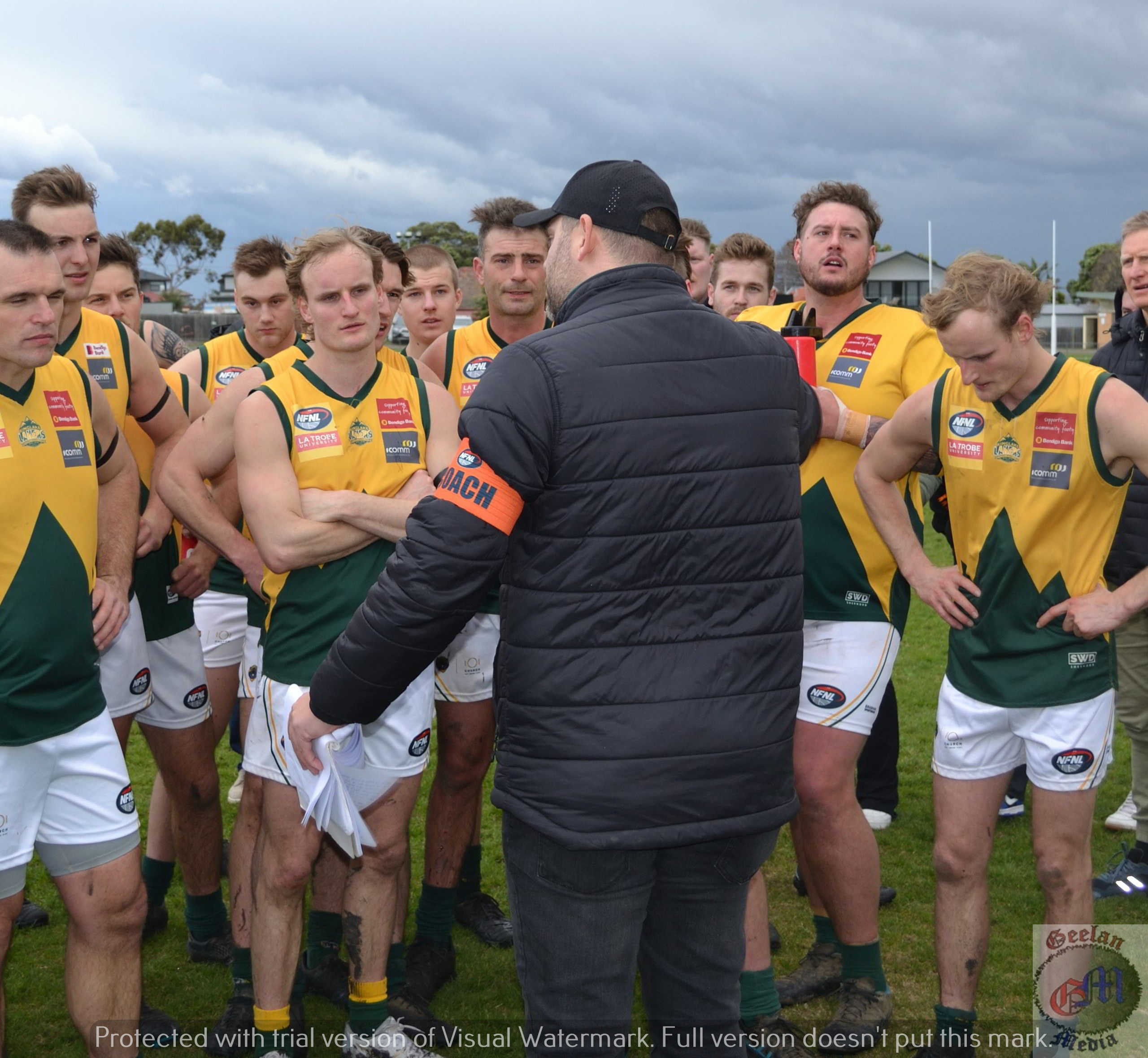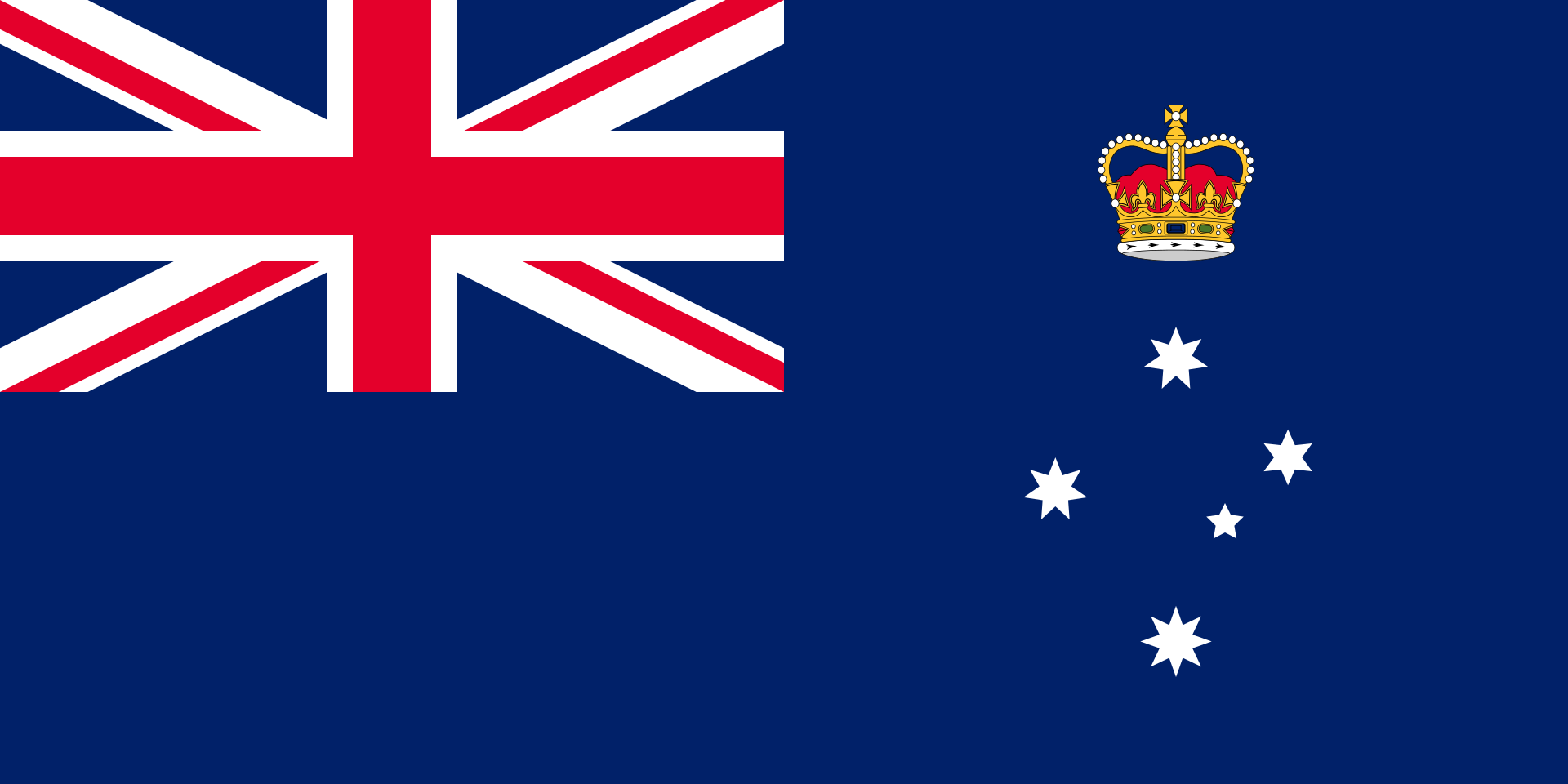EXCLUSIVE
Kinglake Ranges News attended the Kilmore East – Kinglake Black Saturday Class Action ongoing taxation dispute with the Australian Tax Office (ATO) held in Federal Court on 13 November.
In court room 8C at 305 William Street, Melbourne we heard the investment of settlement sums was “monitored very carefully” and that “interest rates differed.”
Justice Middleton reserved his decision and adjourned the one-day hearing. He will make a ruling on the taxation of the Kilmore and Murrindindi class action distribution funds in 2019.
Middleton’s ruling may change how the ATO treats interest earned on class action payments.
One of the main arguments Maurice Blackburn put before Justice Middleton asked whether “interest earned on a class action should be considered income … such as private investment earnings or interest earned on savings from employment income.”
The ATO argued that “any interest earned should be treated the same as any other interest income.”
At the conclusion of the hearing Justice Middleton indicated that a decision was unlikely to be handed down this year. Depending on the result, it is also possible that either side might seek to appeal the decision of the trial Judge.
Once Justice Middleton has made a decision Maurice Blackburn will consider the implications for group members in both the Kilmore and Murrindindi class actions.
As previously advised, the outcome of the proceeding may result in further distribution of compensation to class action participants if the Court finds in ‘favour of the Scheme Administrator’,
Class action participants with further questions about this issue should contact the
Bushfire Class Action Info-line on 1800 99 55 70.
Different rates obtained from different investments. Details of all were provided in case management conferences and affidavits.
Class action principal, Andrew Watson “relied on in-house financial advice.”
“Is Watson paid by the firm [wages] or separately for managing this case,” Justice Middleton asked.
“We have to keep steadfastly in mind that we are talking about the trustee,” Middleton said.
“Different rules apply when one is winding up a business, as opposed to carrying it [business] on.”
“Was the trustee in the year of settlement carrying on business?”
“What we rely upon is whether it is indicative of a business.” (Maurice Blackburn)
“If he wasn’t a trustee and carried on these activities for his own benefit, that would be a profit-making business” (MB)
Justice Middleton was ‘jovial’.
The argument presented was whether a court-appointed trustee is liable for tax as if carrying on a business.
“The court set out the terms of the trust.” [MB]
Justice Middleton was told how the money was spent, including covering the costs of class action and was satisfied.
The question (appears) to be whether the trust fund is “carrying on a business” and taxable as such, or whether this is not the case and a trustee fund, earning interest is considered to be ‘carrying on a business.’
“A profit motive is unnecessary in determining whether a business is being carried out or not.” [MB]
Activities of the interest-bearing account of 27 May 2015 were disclosed to the court.
“Some advances made in hardship cases, but no distributions were made [in 2015]” [MB].
“Ensuring the fund was secure, whilst investing settlement money.” [MB]
“A small amount was held in a medium-term account for expenses.” [MB]
“A reasonable buffer was left.” [MB]
“Negotiated with ‘the big four’ banks to determine who could provide the best rates.” [MB]
“More than just sticking money in the bank your Honour.” [MB]
“We were hoping the interest $8m in interest would more than cover expenses [of class action]” [MB]
“Profit motive doesn’t mean you are going to succeed.” [MB]
“Is there are profit motive there is the question your Honour.” [MB]
“We hoped the interest would exceed the outgoings and it did.” [MB]
CITED: Spriggs & Rydell (AFL/NRL) as an example of taxation issues. [MB]
If you’re carrying out – and signing – contracts then you are carrying on a business. [MB]
“Were the income/losses accrued as a result of carrying on a business?”
“One of the roles of the administration of the trust is the management of money and earning [of] interest” [MB].
“One must consider the whole operation as to whether that person(s) is carrying on a business” [MB]
“Sufficient connection between … and assessable income.” [MB]
“Costs associated with running the interest-bearing account?” [MIDDLETON]
“Look at it as a whole” [MB]
“[The] balance between receipts and expenditures. [MB]
The main question is whether the income has been earned in the ‘carrying on of a business’.
“No narrow approach should be taken in determining what is an activity that is ‘productive of a taxpayers income.’ [MB]
“Identify the business as a whole” [MB]
“There is no capital asset.” [MB] Costs are to borne out of income, and not the capital (in the case of class action settlements)
The hearing concluded at noon.
“The distribution of a settlement some obtained as a result of litigation is income” (ATO)
“Source of income was interest income earned from bank accounts. This gives rise to assessable income as it is deposited funds in a bank account.” [ATO]
This report and transcript were self-embargoed until after Christmas by Kinglake Ranges News as a mark of respect to let Black Saturday survivors and class action participants enjoy Christmas.
Several people of the Kinglake Ranges community contributed to and asked questions of, this article. They requested anonymity. An unedited transcript of this hearing has been provided to all contributors.

























